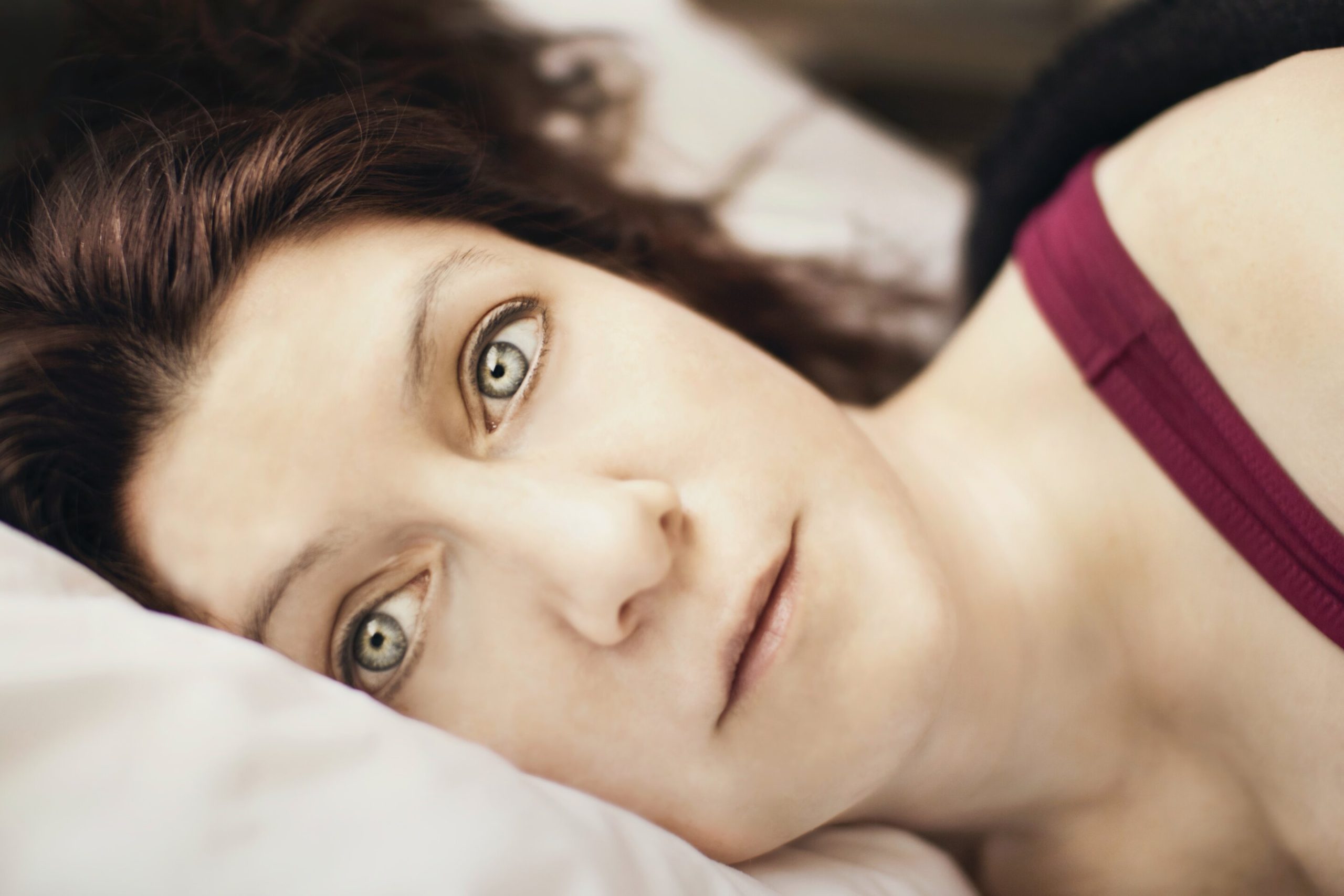With the clocks going back this weekend, a new study has found that moving the clocks one hour forward in Spring and one hour back in Autumn has a substantial, but short-lived effect on sleep duration.
The University of Bristol-led study, published in the Journal of Sleep Research today [25 October], analysed sleep data from activity monitors worn by 11,800 people over the Spring and Autumn clock changes in 2013-2015. The study is unique in that it analysed objectively-measured sleep in a large number of people in the UK who are signed up to UK Biobank.
It is commonly thought that people lose an hour of sleep in Spring (when the clocks go forward an hour) and gain hour of sleep in Autumn (when the clocks go back an hour). Previous research also suggests that people get less sleep for around a week after both clock changes as they find it difficult to adapt to the new time.
Whilst this new study did find that people slept around an hour less on the Sunday of the Spring clock change than the previous and subsequent Sundays, they did not (or could not) take advantage of the full extra hour of sleep in Autumn. In fact, they only slept for just over half an hour more than the surrounding Sundays.
The study also found that the effect on sleep for the rest of the week differed depending on gender. Men tended to sleep more on the weekdays after both clock changes, although this was more pronounced in Spring. However, this pattern of catch-up sleep was not seen for women. They often slept for less on the weekdays after the clock changes than before. This could be because women experience higher levels of insomnia and sleep difficulties, and that these problems are exacerbated by the clock changes.
Although short-lived, the sleep loss seen over the Spring clock change in this study has serious consequences for health, as just one night of sleep loss has been associated with a decline in mental and physical health. Also, research has found that the clock changes themselves are associated with an increase in heart attacks, strokes, road traffic accidents and depression.
Melanie de Lange, a Wellcome -funded epidemiology PhD student in the Bristol Medical School: Population Health Sciences (PHS) and MRC Integrative Epidemiology Unit, and study author, said: “With a growing number of countries — including the US and those in the EU — moving to end the clock changes, the practise of daylight saving time is the focus of much current debate.
“Our study adds to the growing body of evidence that the shift forward to daylight saving time in Spring is associated with an acute loss of sleep, which has implications for the health of the UK population. It is crucial that any future review of the UK’s daylight saving time policy considers the effects of the clock changes on sleep and health.”


